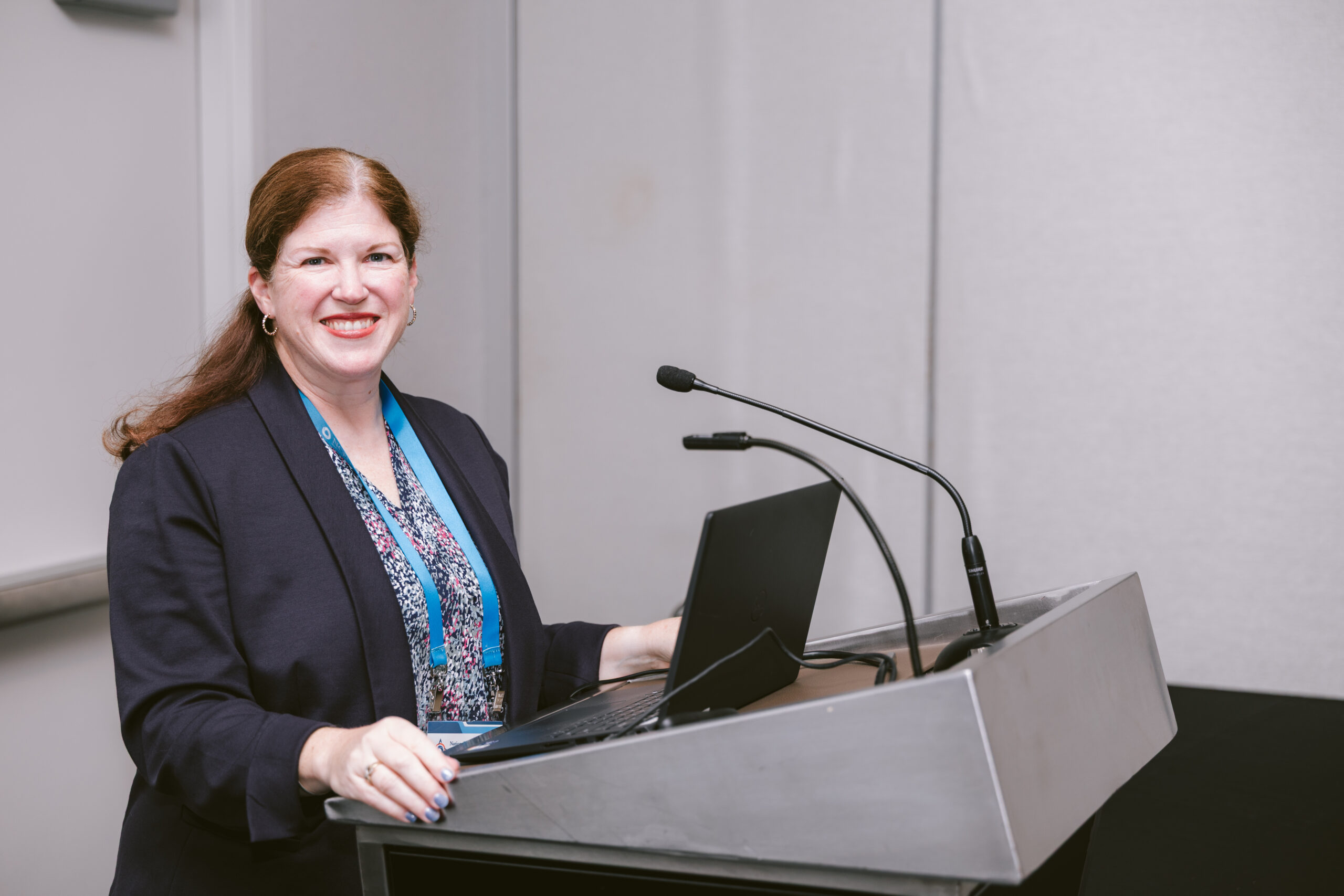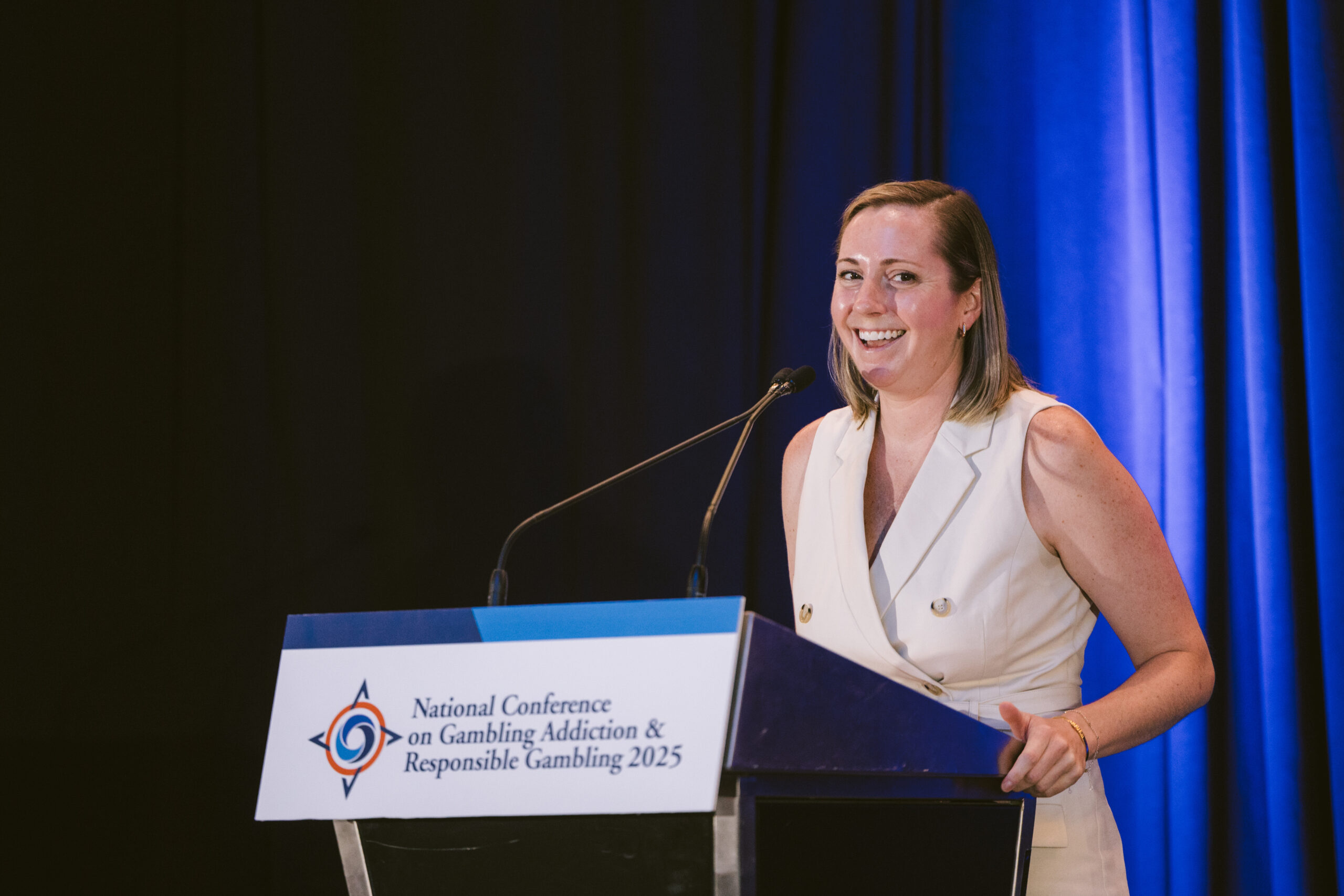The National Council on Problem Gambling invites presentation proposals for the National Conference on Gambling Addiction & Responsible Gambling held on July 22-2024, 2026, in Nashville, TN. The National Conference on Gambling Addiction & Responsible Gambling brings together world-class presenters to deliver powerful and insightful messages about problem gambling and responsible gambling.
Questions? Contact the NCPG Conference Team at Programs@NCPGambling.org.
NCPG expects the information that you share at the conference is for the benefit of attendee education and learning. Conference presentations are not an appropriate forum for product sales pitches or demonstrations. Sponsorship and promotional opportunities to maximize exposure for vendors of problem gambling and responsible gambling services are available. For more information about sponsorship and promotion, contact NCPG at NCPG@NCPGambling.org.


Selection Criteria
Each submission will be reviewed by a diverse panel of NCPG members representing a wide range of professional backgrounds, experiences, and perspectives within the problem gambling and responsible gambling field. Judges will evaluate each proposal based on the selection criteria outlined below.
Presentation Types
Session Length: 1.5 – 3 hours
Date: July 22, 2026
Session Length: 1 hour including Q & A
Date: July 23 or 24, 2026
Session Length: Two, 30-minute sessions per day.
Date: July 23 or 24, 2026
Session Length: 5 – 10 minutes
Date: July 23 or 24, 2026
Session Themes
Session themes are intended to make it easier for attendees to navigate and find sessions relevant to their interests. Presentation submissions can include up to three themes that sufficiently reflect the content of the presentation.
Presenter Registration Policy
NCPG recognizes and values the work, time, and energy that you have invested in preparing your presentation. The following Presenter Registration Policy is designed to acknowledge and reward the efforts and expertise that presenters bring to each NCPG event.
Lead Presenter Registration: A Lead Presenter will receive one complimentary registration for the specific event during which they are presenting – the Preconference and Main Conference are distinct events. Complimentary registration entitles the Lead Presenter to participate as an attendee in any additional session(s) within that event. If a Lead Presenter wishes to attend an event separate from that which they are presenting, they will need to complete and pay for their registration for that event separately. Lead Presenter registrations are non-transferable. A Lead Presenter will only be provided with one complimentary registration per event.
Co-Presenter Registration: Co-Presenters will not receive complimentary registration for the event during which they are presenting and must complete and pay for all applicable registrations.
Travel and Related Expenses: Lead Presenters and Co-Presenters are responsible for arranging and paying for their own travel, accommodation and other related expenses.